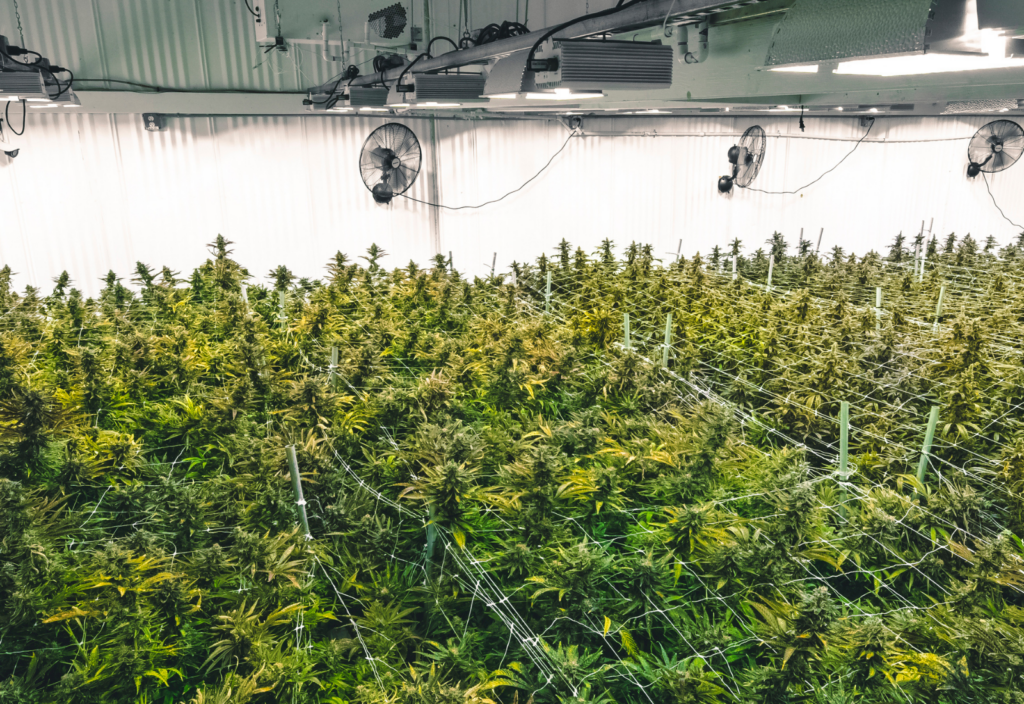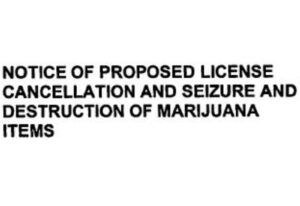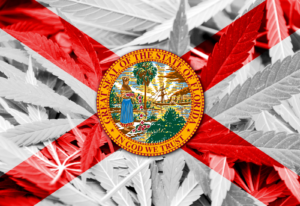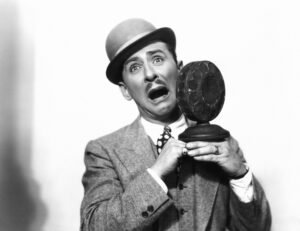Real estate is on the forefront of many people’s minds with New York on the doorstep of adult-use cannabis applications. And for good reason: owning or controlling real estate will be a requirement for applicants (with some soon-to-be caveats for social equity applicants).
We have fielded lots of calls from prospective adult-use cannabis applicants starting to search for real estate. Too often, the question of whether the landlord has a mortgage from a federally insured bank comes as a surprise. If the prospective applicant is working with a real estate broker, not knowing the importance of this issue is a problem (to put it mildly).
Why the landlord’s mortgage is relevant for a cannabis lessee
Many commercial landlords cannot lease to cannabis companies under the terms of their mortgage agreements. This is not because of inherent risk or “unsavory” reputation. For any commercial landlord that has a mortgage issued by a federally insured bank, their loan documents will include a provision in the “Representation and Warranties” section that prohibits leasing to illegal businesses and will often expressly preclude allowing a cannabis business to operate in the mortgaged property. The provision will look something like this:
Borrower hereby covenants and agrees that it shall not commit, permit or suffer to exist any illegal activities (whether or not such illegality is determined by local, state or federal law) or activities relating to controlled substances (as determined by local, state or federal law) at the Property (including, without limitation, any growing, distributing and/or dispensing of marijuana (whether for medicinal, recreational or other uses)).
Until federal banking laws are changed, many landlords are prohibited from leasing to a cannabis business because doing so could cause a default under their loan documents and trigger a host of repercussions, including potential foreclosure.
The key is finding commercial landlords who either: 1) own their property outright or 2) obtained a loan from a non-federally insured bank or an alternative source of financing (of which New York has many); or 3) are willing to run the risk of a loan being called for leasing to a cannabis tenant.
It is important to determine whether a prospective landlord has a federally insured mortgage right away. In New York’s fast moving real estate market, wasting weeks (or even months) negotiating a lease through a broker, only for the attorneys to kill the deal, has a serious opportunity cost.
Why it’s important to use the right broker for a cannabis real estate deal
There are lots of real estate brokers, each with a different specialization in a different geographic area. We just identified a crucial reason why finding the real broker with knowledge of cannabis is critical. Picking the wrong broker can result in a significant loss of time.
A good broker will have existing relationships with retail and industrial landlords and a strong knowledge of the local real estate market. Price per square foot, tenant improvement allowances, and delayed rent commencement are just a few of the issues brokers will be familiar with. Delayed rent and potential opt-out provisions are of critical importance given that applicants who choose to lease real estate will face the possibility of entering into a lease and not being issued a license.
We handle a lot of real estate issues for clients, so we are very sensitive to cannabis-specific real estate concerns. We will provide updates on New York specific real estate issues once the adult-use rules and regulations are released.
Need Help With New York Cannabis Law?
























